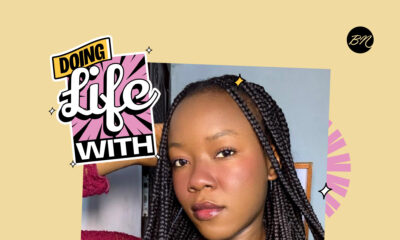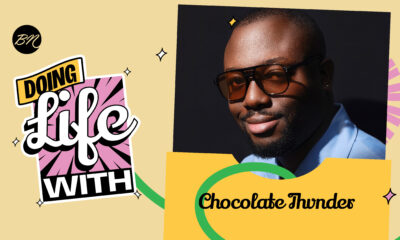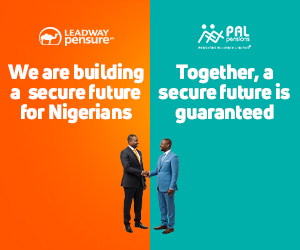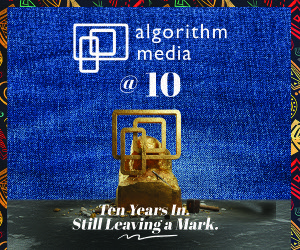Features
In Today’s “Doing Life With…” Oluwaseun Ikusika Tells Us Why She’s Passionate About Women Issues
Each time I secure an order of protection for victims of gender-based violence, it reaffirms my belief that this is my calling. Witnessing a person who once felt unsafe now feeling secure brings me a deep sense of fulfilment.
Doing Life With… is a BellaNaija Features series that showcases how people live, work, travel, care for their families and… everything in between. We are documenting the lives of all people and ensuring everyone is well-represented at BN.
Did you miss our last conversation with SAMAD? You can catch up here.
This week, we are doing life with Oluwaseun Ikusika, a family lawyer and passionate advocate for women’s and disability rights. Recently selected as a local leader for the Franco-British Council, she has supported over 200 women in the UK in obtaining orders of protection and has collaborated with women-focused organisations in Nigeria.
Enjoy the conversation!
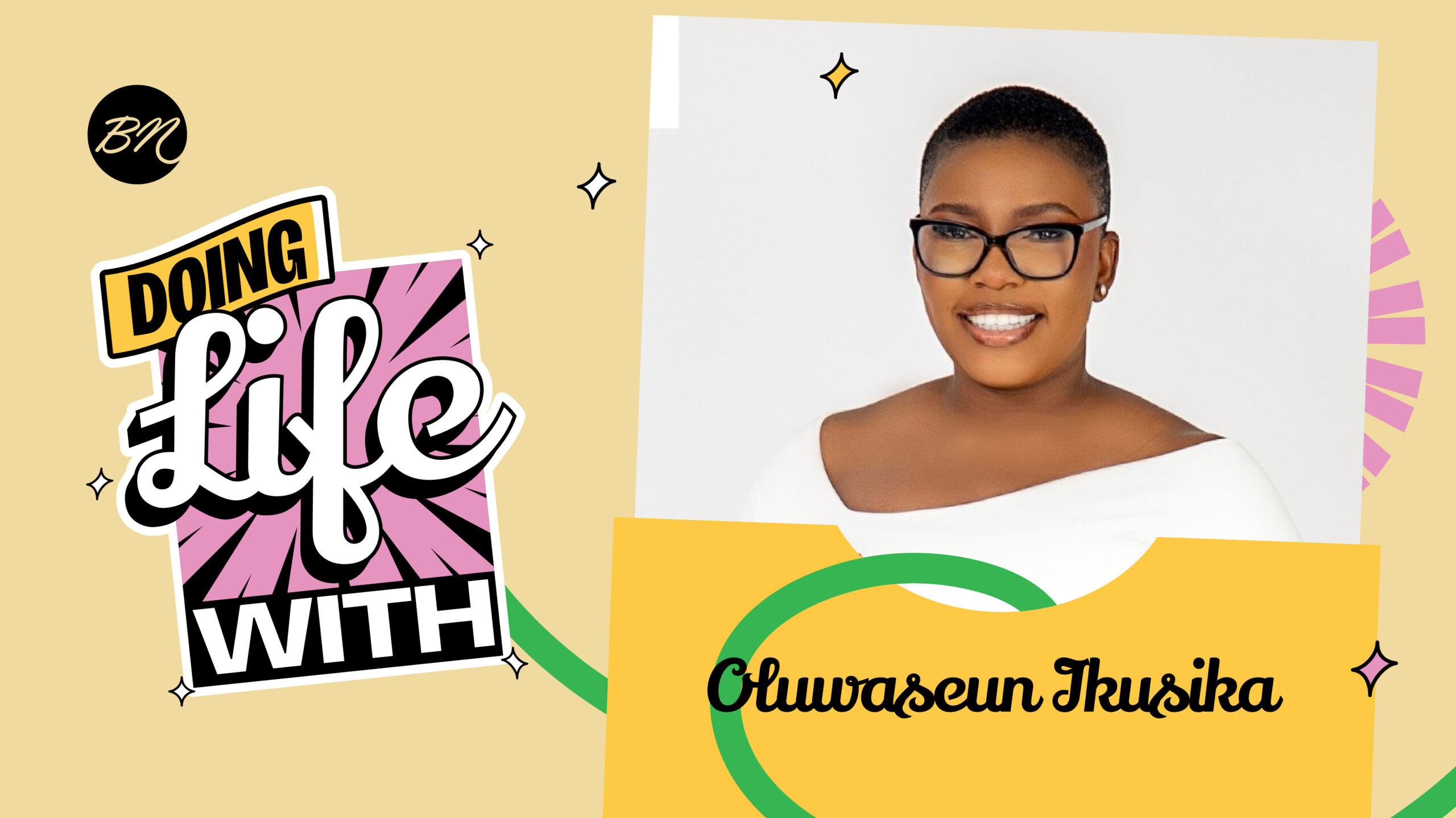
Hello Oluwaseun. How are you today?
I am fine, thank you.
Congratulations on being selected as a local leader for the Franco-British Council! What was your first reaction when you received the news?
I was taken aback! The people selected for this position are those who are making a positive impact in their community. This serves as validation and evidence for all my hard work in the community.
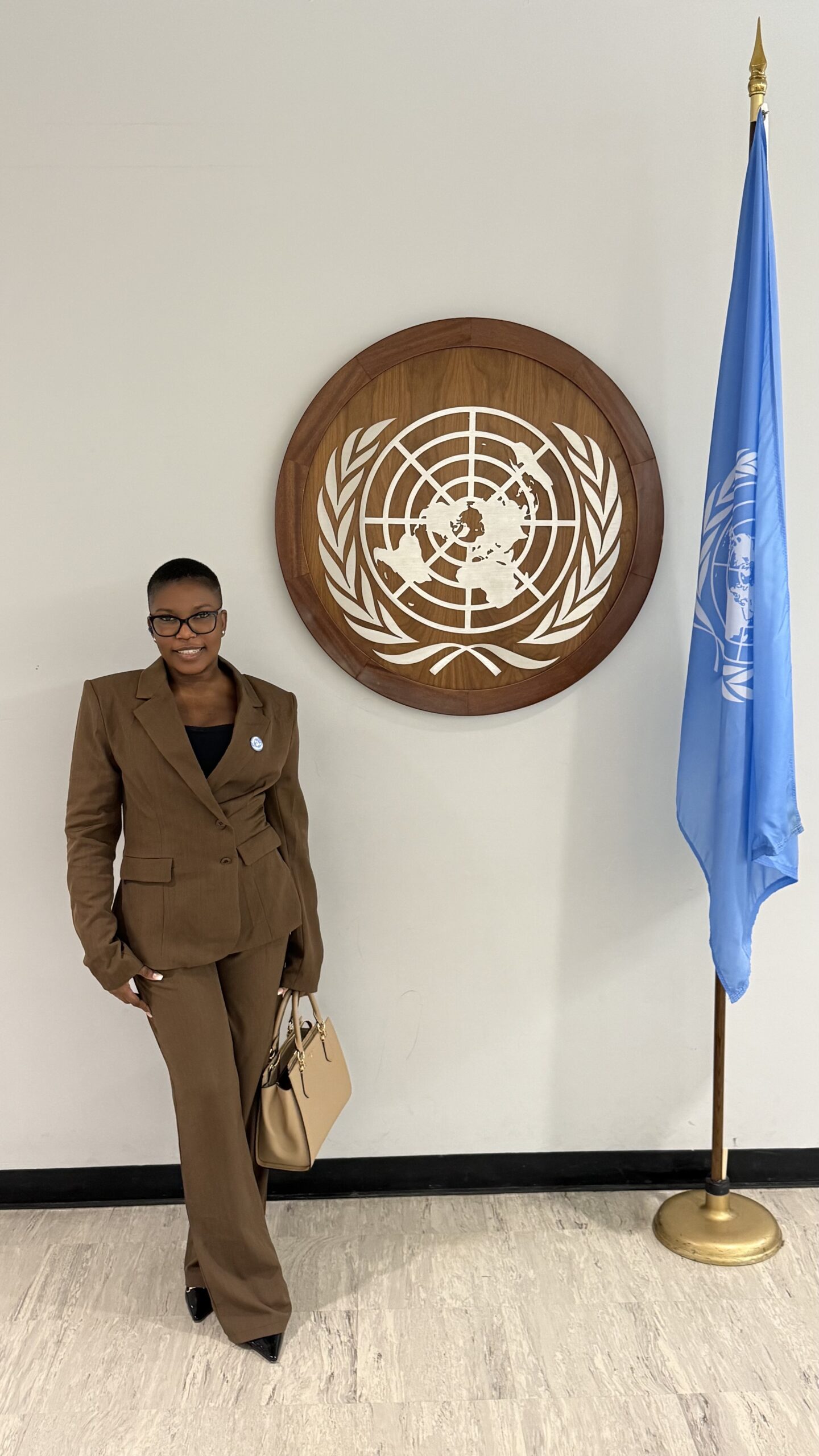
For those meeting you for the first time, how would you describe yourself beyond your titles as a lawyer and advocate?
I would describe myself as someone who is intensely driven by a purposeful and genuine desire to make a difference. I am naturally curious, always learning, kind-hearted, and I care deeply about justice. Feel free to call me an angel from the earth.
Was there a particular case or moment in your journey that affirmed to you, this is what I’m meant to do?
Each time I secure an order of protection for victims of gender-based violence, it reaffirms my belief that this is my calling. Witnessing a person who once felt unsafe now feeling secure brings me a deep sense of fulfilment.
You’ve attended major global convenings like UNGA 79 and UN ECOSOC. What do you believe young advocates and professionals bring to spaces like that that older generations might overlook?
Young people bring a lot to the table. They are at the table. Young advocates are co-creators/architects. Most young people attending the conferences are often youths from communities directly affected by the issues being discussed. Issues such as climate change, gender-based violence, and economic inequality, and we do not just speak from theory, we speak from reality. That genuineness can shift conversations from policy on paper to action on the ground. We also bring fresh perspectives and bold ideas, unafraid to question outdated and ineffective systems. While the older generations bring invaluable experience and knowledge, young people like me push for accountability, equity, and inclusive representation, not just in the outcomes, but in how decisions are made. These are things we are pushing the older generation to do. I am glad that young people are now being included in leadership positions. I am a young person myself, and the new mayor for Barking and Dagenham is a young person, which I am pleased to witness. We have a lot to bring to the table, and we will do it in our own way successfully. Young people are the future, and the future starts now.
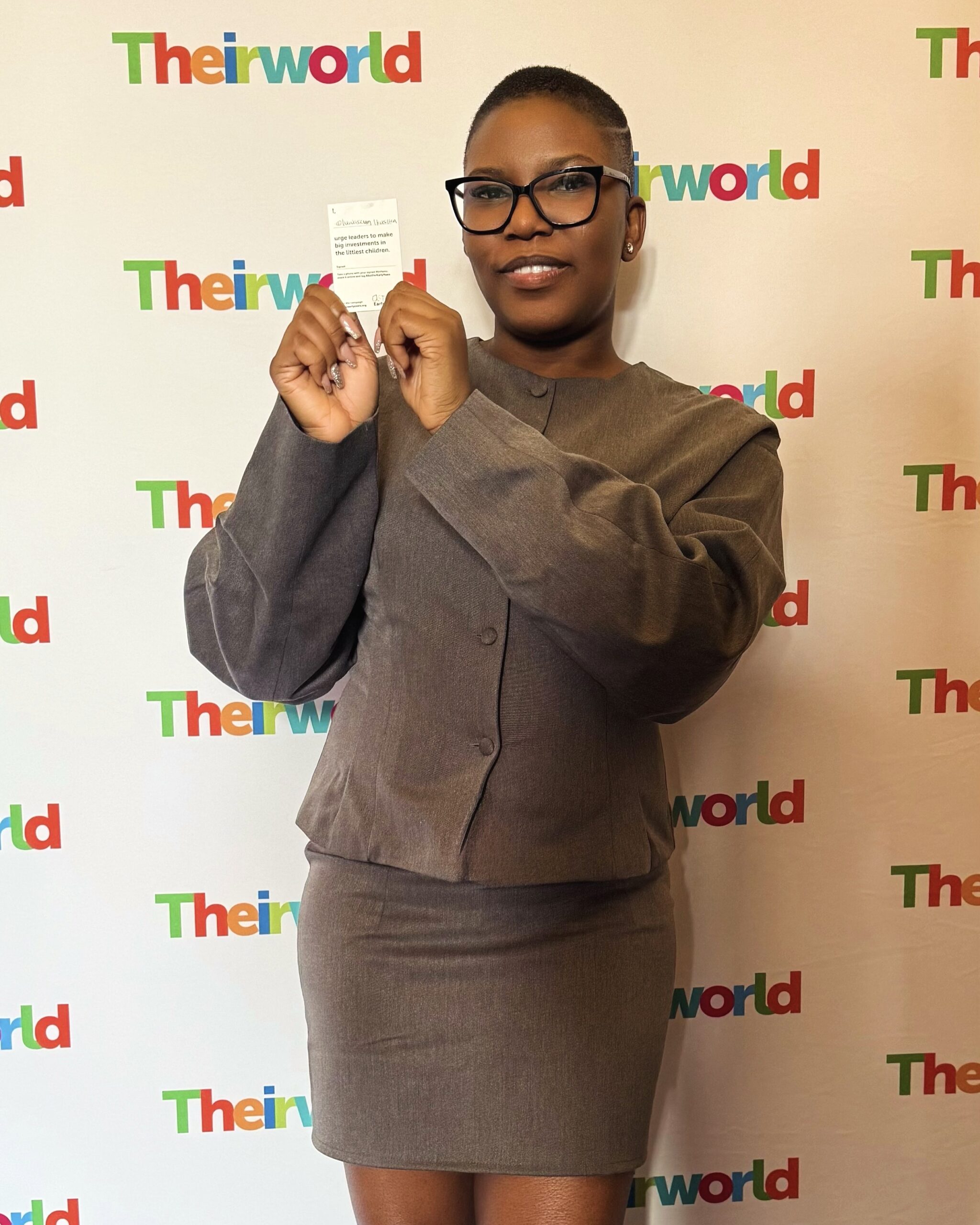
Tell us about your work with women-focused organisations in Nigeria. What have those collaborations taught you about the similarities or differences in advocacy across the UK and Nigeria?
Working with women-focused organisations in Nigeria has been one of the most grounding and eye-opening parts of my advocacy journey. Organisations in Nigeria were the first organisations I collaborated with at the start of my advocacy journey. I have worked mostly with organisations that are focused on protecting women from gender-based violence and improving access to justice. What stands out most is how capable and resilient these organisations are, often working with even limited support but still making a significant impact.
One similarity I have seen between advocacy in the UK and Nigeria is the shared commitment to amplifying women’s voices and pushing for systemic change. Whether it’s campaigning for stronger legal protections or supporting survivors, the passion and purpose are the same. For the difference, the advocacy in the UK tends to have more established legal frameworks and access to funding and policy channels. But what Nigeria has taught me is the power of grassroots activism. The storytelling and lived experience can drive change from the ground up. It reminds me that effective advocacy is not one-size-fits-all; it must be context-sensitive, culturally aware, and always led by the communities it serves.
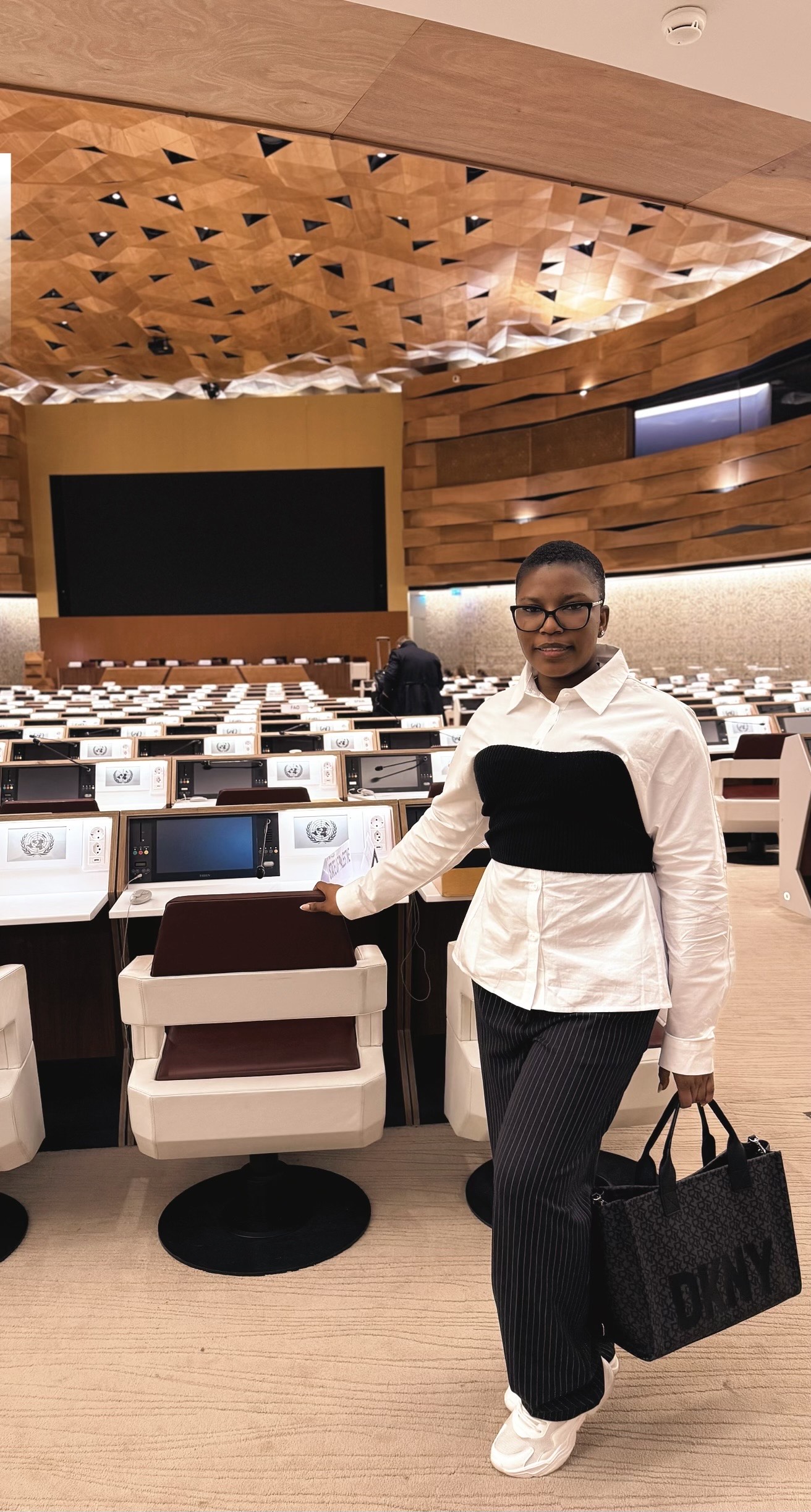
For advocacy purposes, what conversations do you think we’re still not having enough, especially in African or diasporic communities?
There are so many conversations we are not having enough in African/diasporic communities. Some of them are disability justice, mental health issues, gender-based violence, and anti-blackness within black communities. All these issues are affecting us, and we need to have more honest conversations about them. For example, in many African and diasporic communities, disability is still heavily stigmatised and misunderstood. They still see it as shame, superstition, or charity rather than rights, dignity, and systemic justice. This just does not exist in mainstream society alone, but also within our schools, churches, media, and even activist spaces.
What was growing up like for you? Do you see a link between your upbringing and the work you do now?
My early upbringing played a vital role in shaping who I am today. Living with my grandmother taught me the values of discipline, humility, and quiet strength. And when it comes to kindness, it wasn’t just in me, it was also what I learnt from my mother. She led by example! My mom’s integrity and resilience left a lasting impression on me. At age 10, I began boarding school, which was a formative and challenging experience, but it taught me independence and sharpened my awareness of injustice and inequality.
I had to find my voice in unfamiliar spaces, and that sharpened my sense of justice. I saw unfairness even in small and everyday things, and that always makes me feel a strong urge to speak up, even when it is uncomfortable. Those early lessons of finding my voice and witnessing quiet leadership are deeply woven into my work today as a lawyer and advocate. They taught me not just to fight for justice, but to lead with empathy and intention.
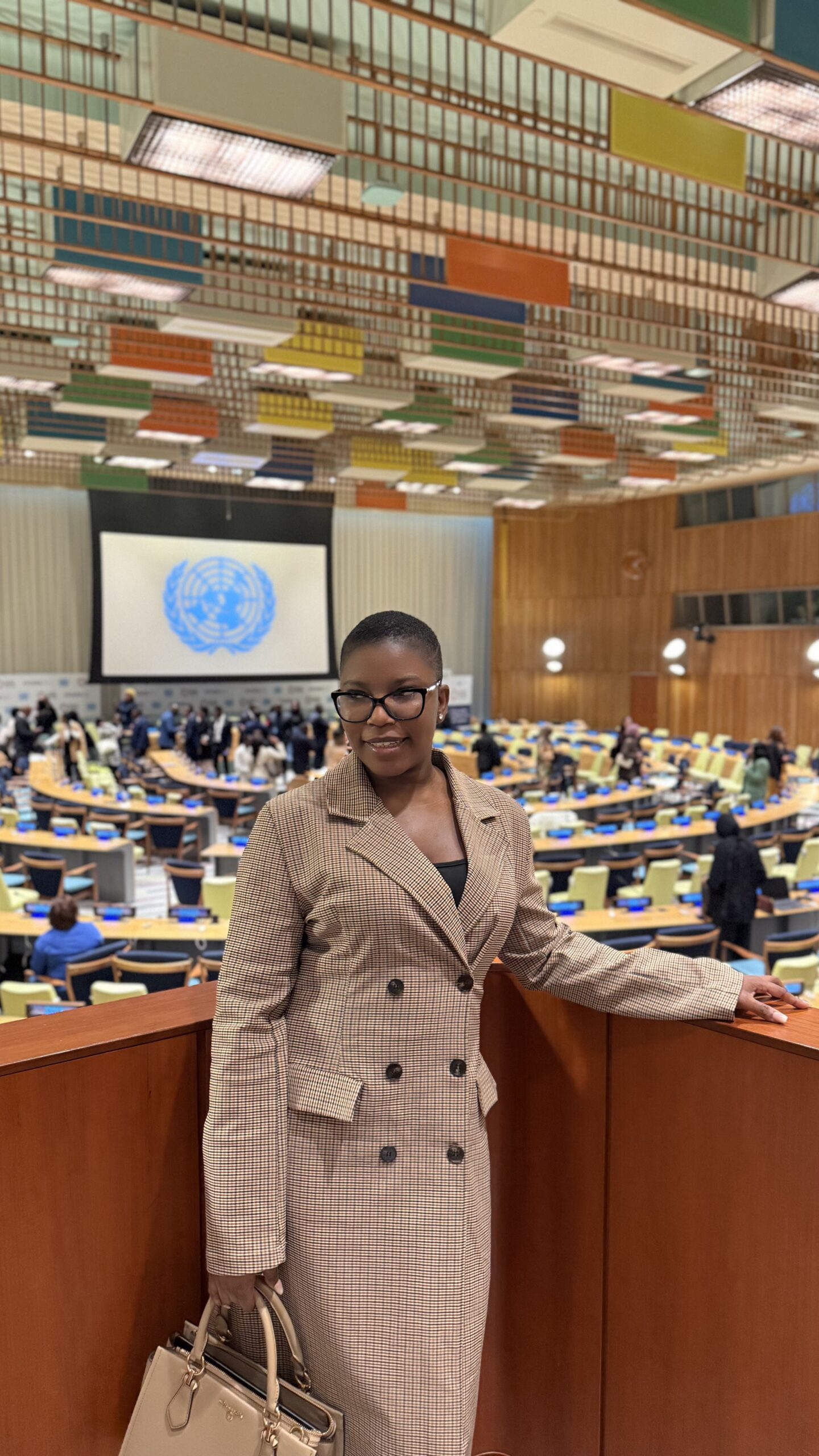
In spaces where you’re often the only Black woman, what internal dialogue do you carry with you, and how do you protect your confidence?
One thing about me is that wherever I go, I remind myself that I belong there. After all, where can’t God’s favourite daughter go? I am going to step in and be myself. I am the only black out of the 4 local leaders selected for this year, and I own it with pride. I am very confident, even if I don’t always show it, and I might seem naïve at times, but I have faith in my identity. I think of my grandmother’s quiet strength, the resilience of the black women who paved the way before me, and the dreams of the generations I am following. That keeps me grounded.
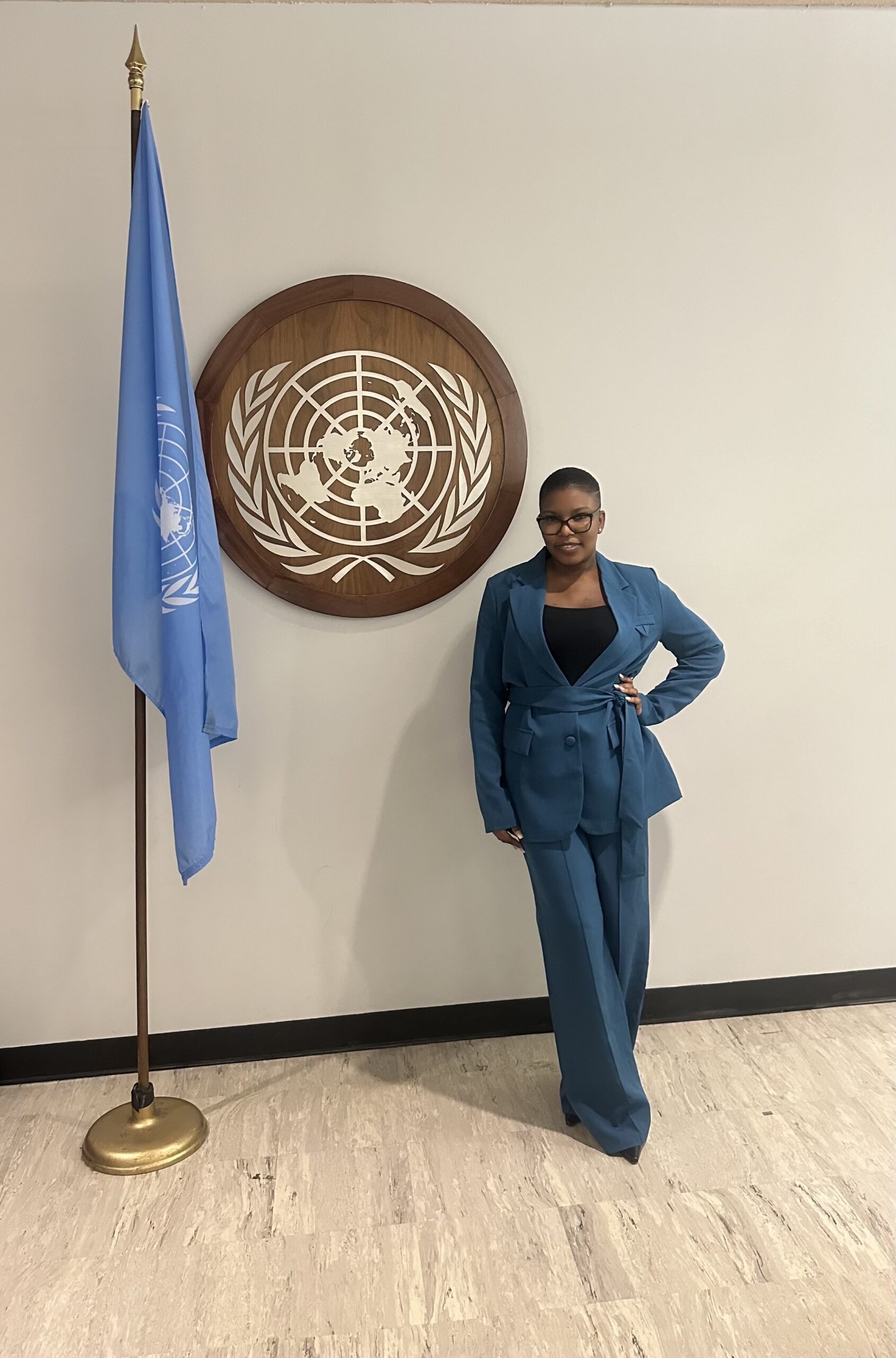
As the local leader at the British Council, what do you hope this role helps you achieve, for yourself, and for others who look up to you?
Taking on this leadership role is both an honour and a responsibility. For me, it is an opportunity to grow professionally and mostly as a change maker who bridges cultures, ideas, and communities. I hope to deepen my leadership skills in diplomacy, advocacy, and collaboration, while being grounded in the values that brought me here.
For people who look up to me, especially young people from African, European and diasporic communities, I want this role to be a beacon. I want them to know that yes, you belong in spaces that shape global conversations, your voice matters, your identity is an asset, not a barrier.
In the next 1 year of this role, I want to use this platform to create real pathways for others, to open doors that have historically been closed or overlooked. I will be championing diversity not just in words, but in action. So, help me God.
Outside of the courtroom and conference halls, what brings you joy? What’s a part of Oluwaseun that the public rarely sees?
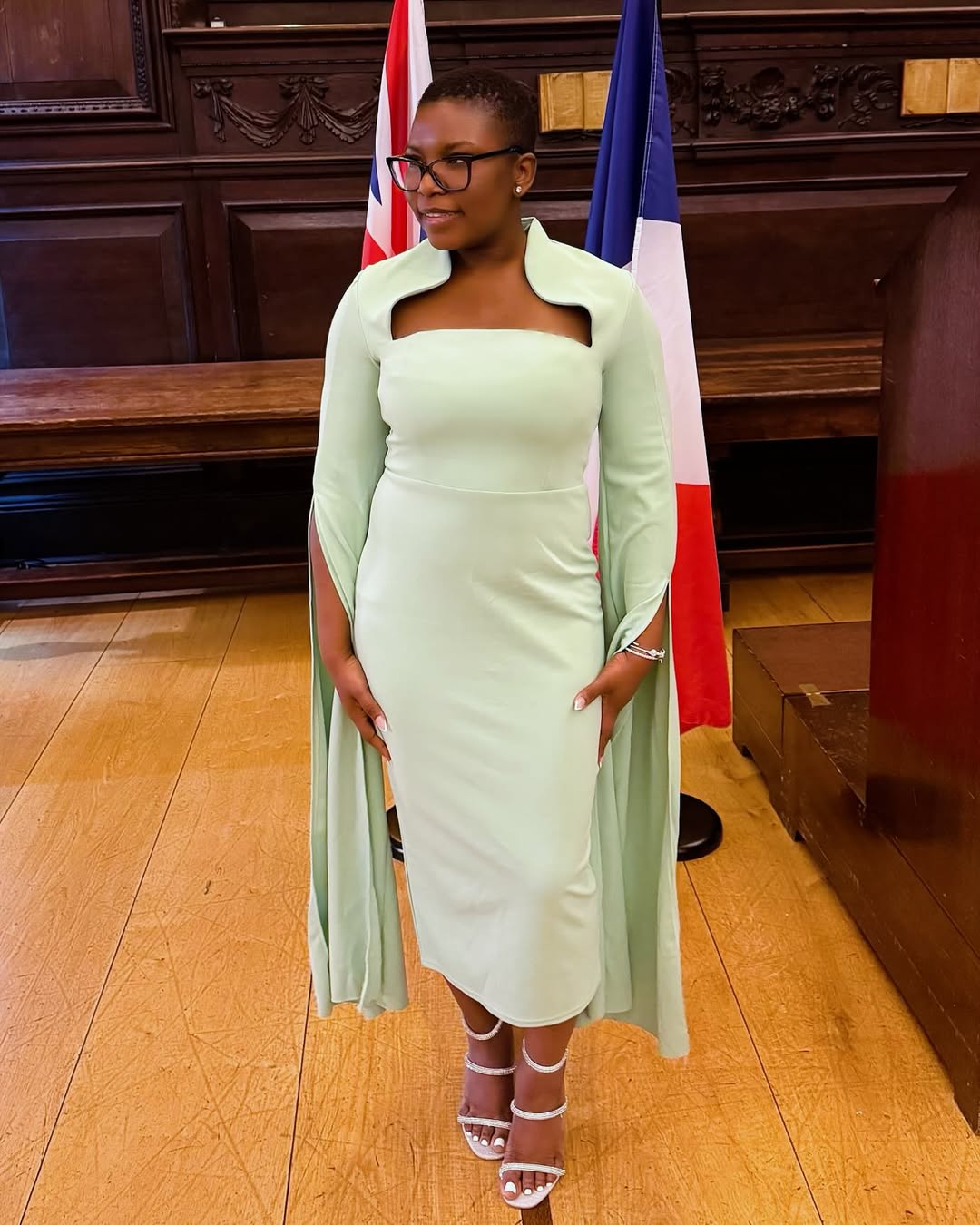
Outside the courtroom and conference halls, I am naturally a friendly, nurturing, and bubbly person. When I am in a professional space, I keep it bold and cute, but when I am with my family and friends? I am vulnerable, motherly and playful! You can only find me at home, the museum, art gallery, park and restaurants, trying out food and enjoying art and nature. My family and close friends bring me joy, and I am grateful to have them in my life. My mom, especially. That’s my best friend!
Please leave a message for young girls navigating identity, ambition and belonging
Dear Black girls, ambition is your right. Never let anyone make you feel that wanting more for yourself, your community, or the world is selfish or naïve. There will be hurdles along the way, but do not be distracted; eyes on the goal. Keep shining, keep pushing, and keep claiming your place. The world needs your voice, your vision, and your courage.
__
Many thanks to Oluwaseun Ikusika for having this conversation with us and answering all our questions – and swiftly too, we must add.
Do you love this content, have any feedback for us or want to be a BellaNaija Features contributor? We’d love to read from you. Shoot us an email: [email protected]. Join us on Saturday for the next episode.


